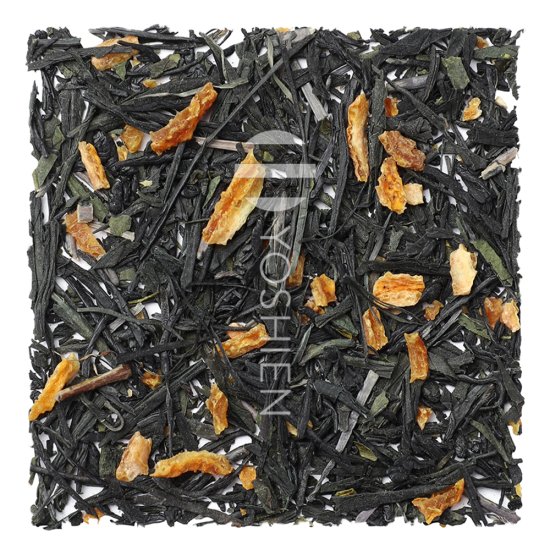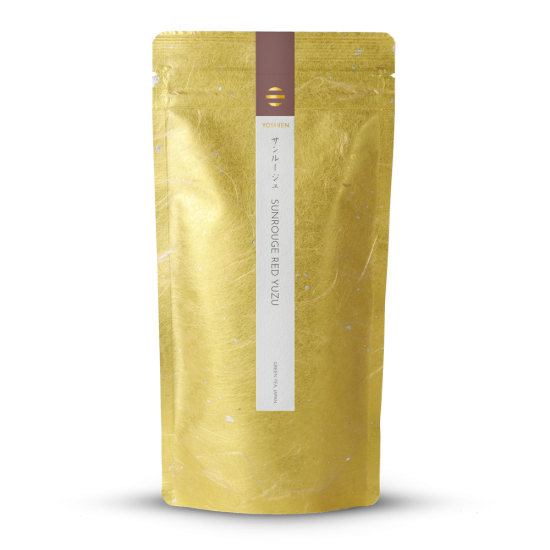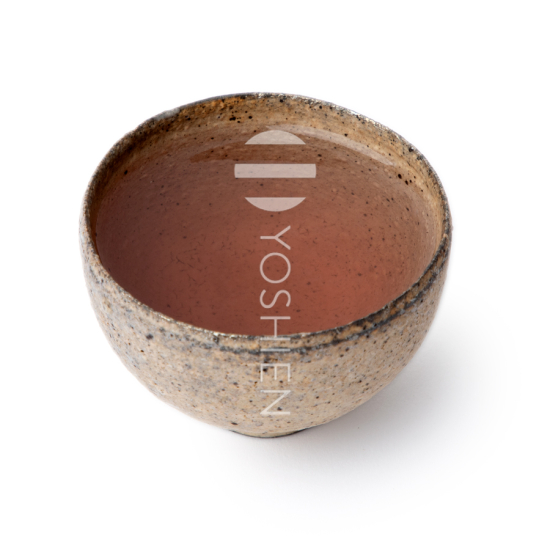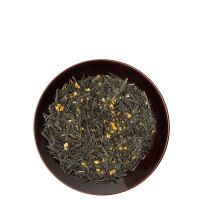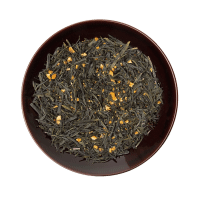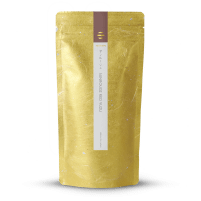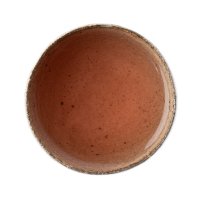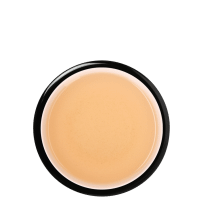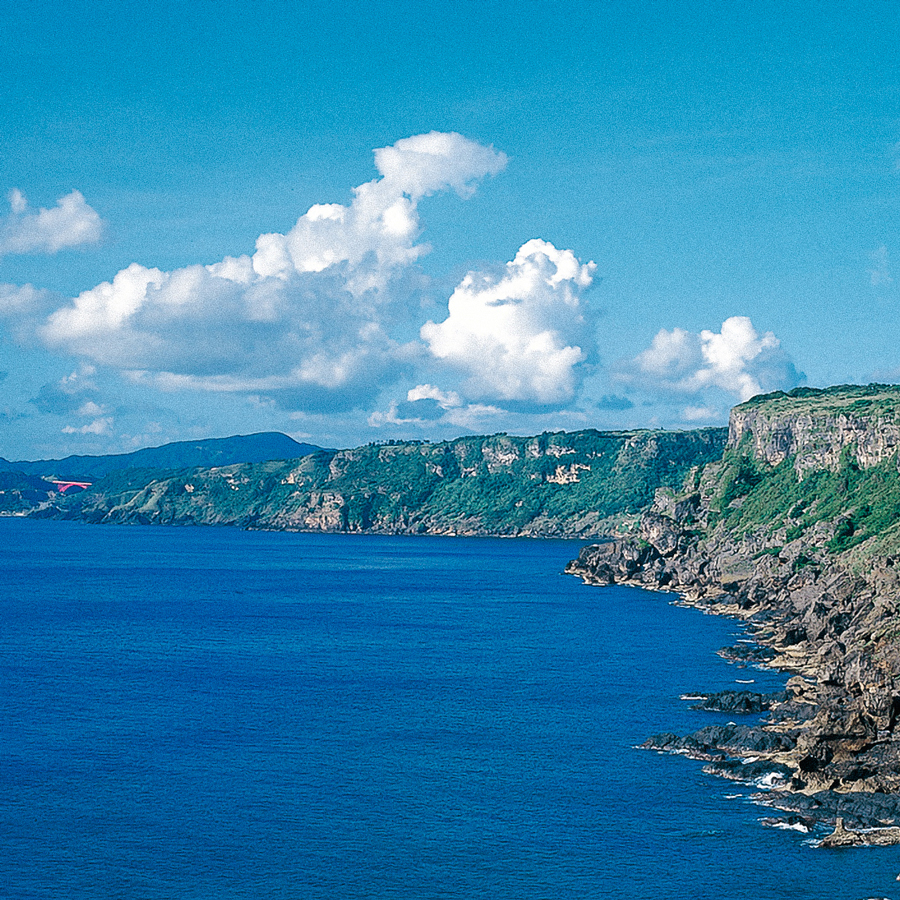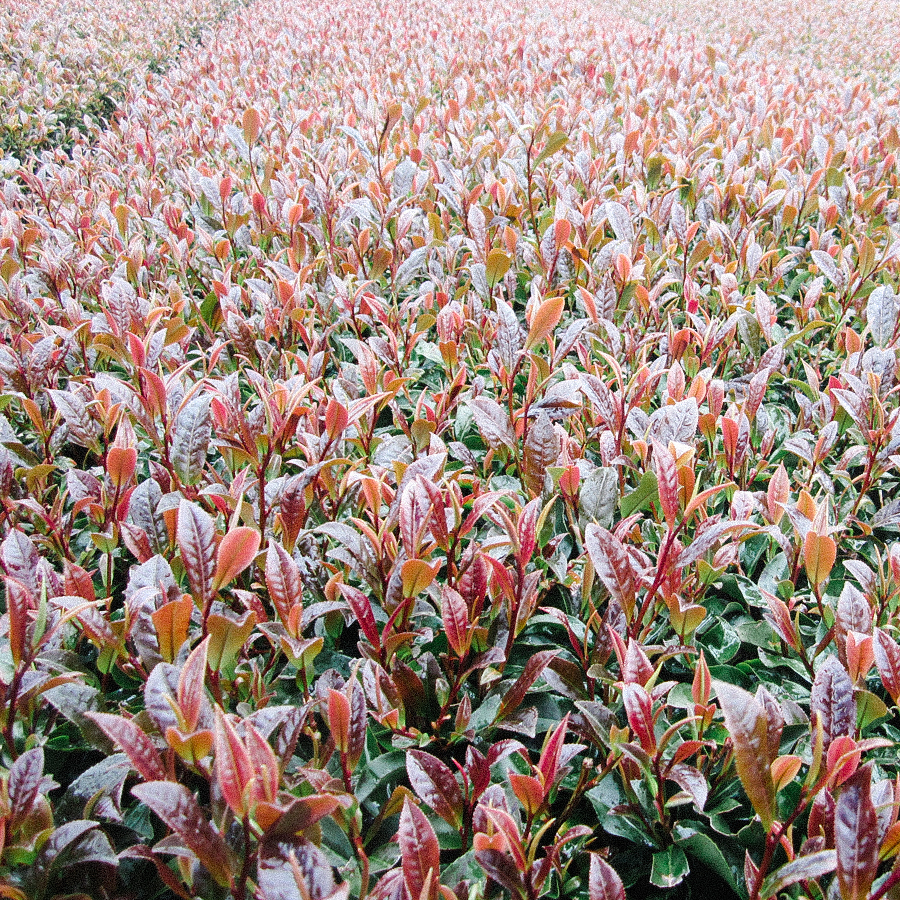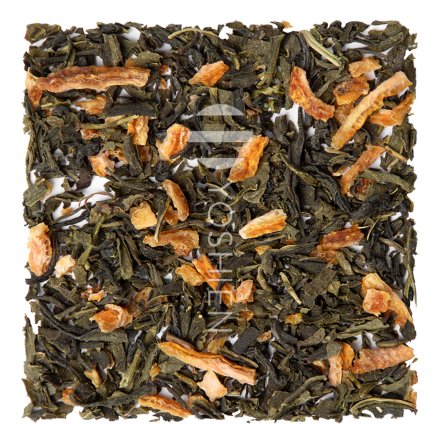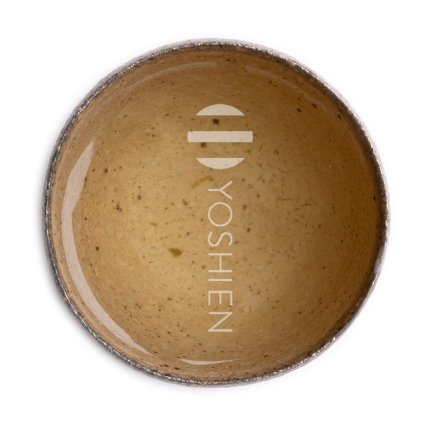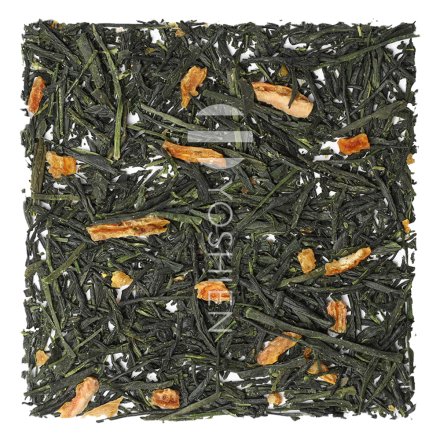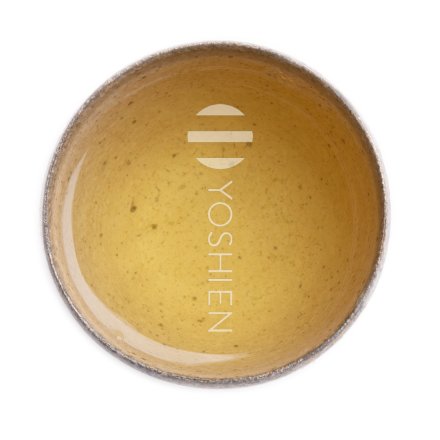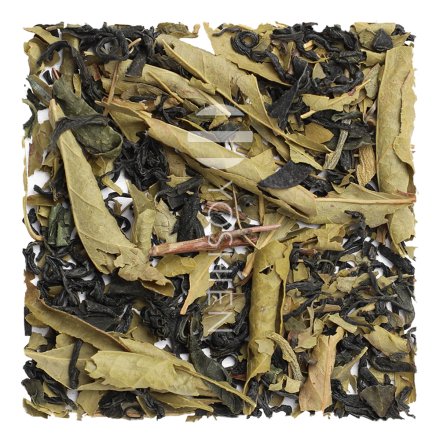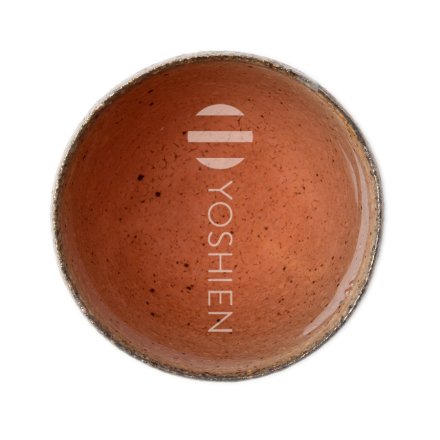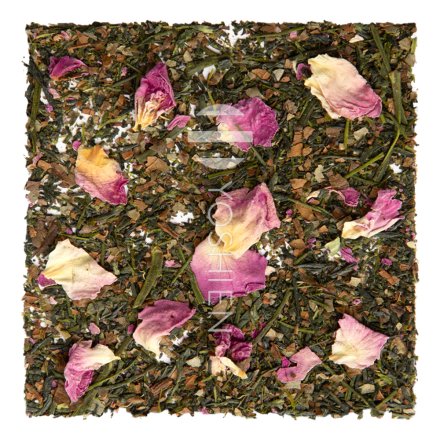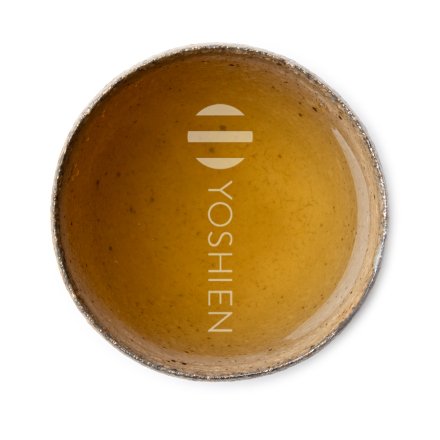The small Pacific island of Tokunoshima is located just north of Okinawa, in the Amami Archipelago in the southernmost region of Japan. Much of the volcanically active island is protected as a part of the Amami Guntō National Park and is home to an astounding range of fauna and flora.
Tokunoshima is a popular destination for tourists on account of its natural beauty, bright sapphire blue waters, and pristine beaches. The climate is moist and subtropical with high rainfall. The region is also one of the sunniest in all of Japan. Tokunoshima Island is an ideal location for growing sunrouge teas because the tea plants are able to produce high concentrations of polyphenols and bitter substances under these conditions.
Sunrouge
The sunrouge cultivar is a hybrid of the variety “Cha Chuukanbohon Nou 6″ (C.taliensis x C.sinensis).
Single Origin
This tea is exclusively sourced from the above mentioned tea farm in Tokunomshima. Sourced directly from the tea farmer.




